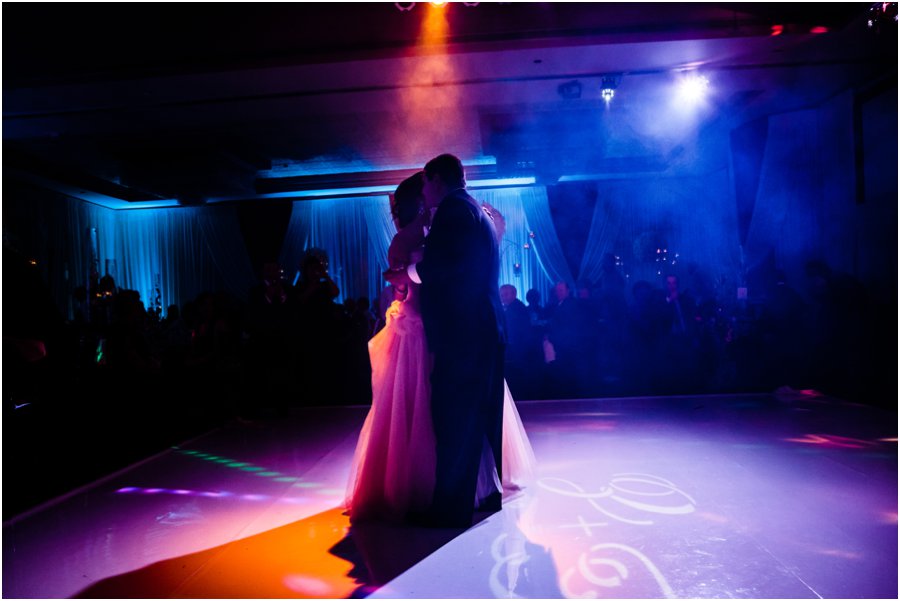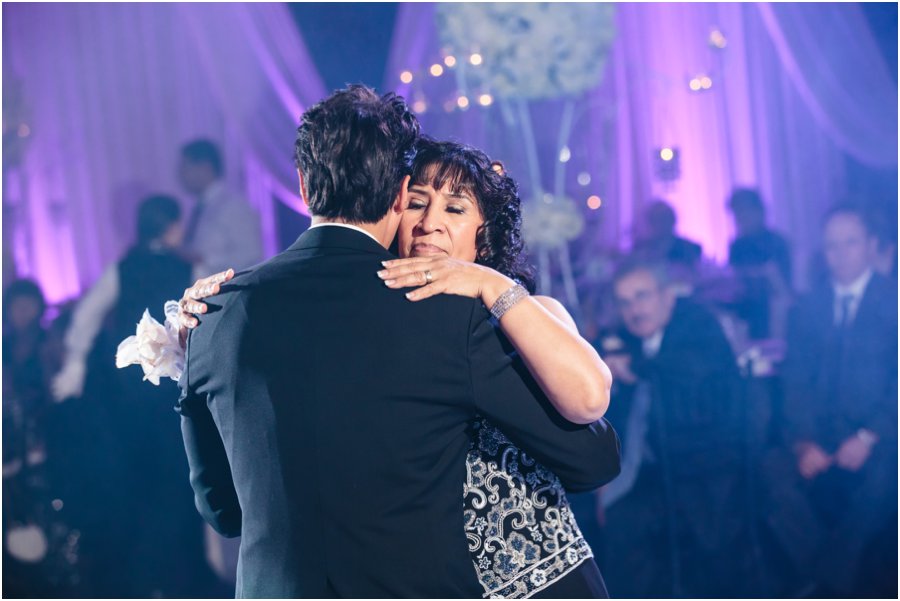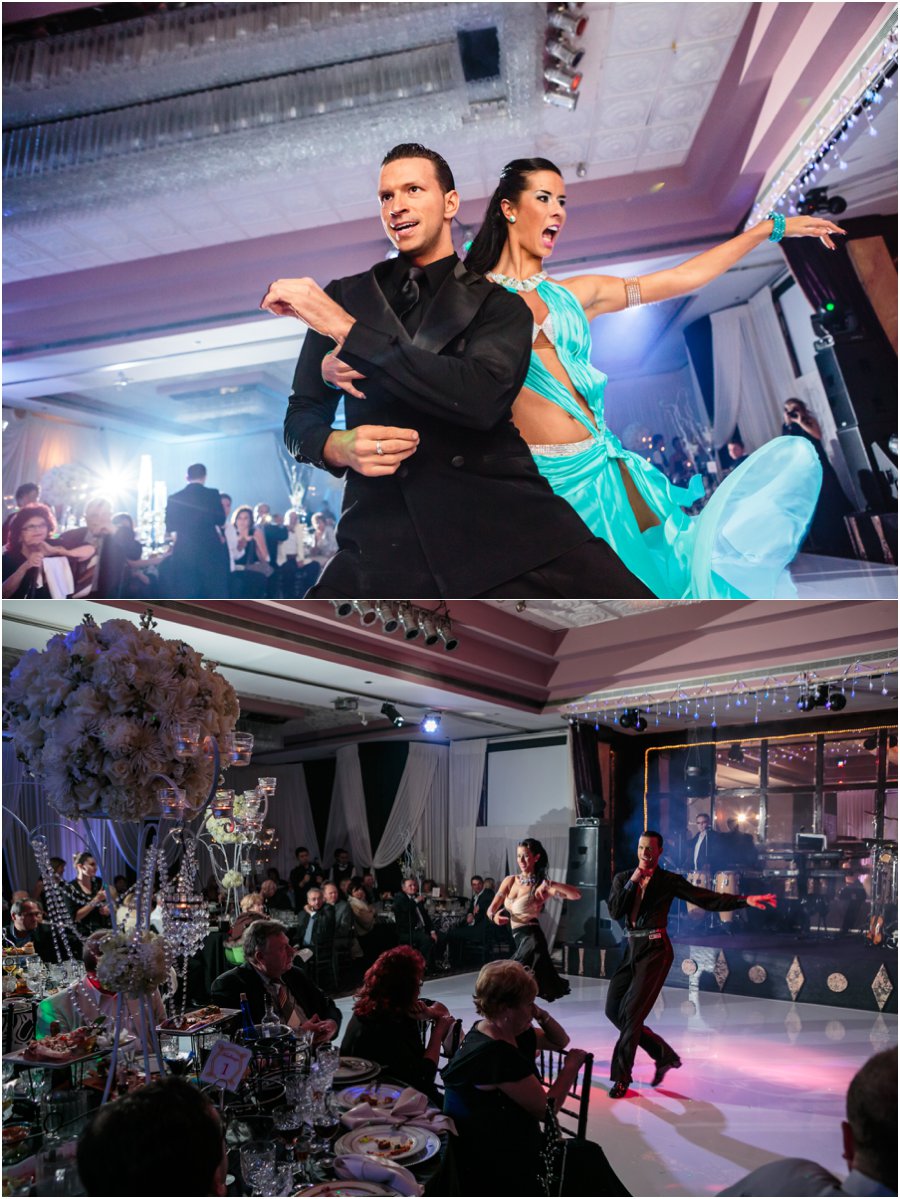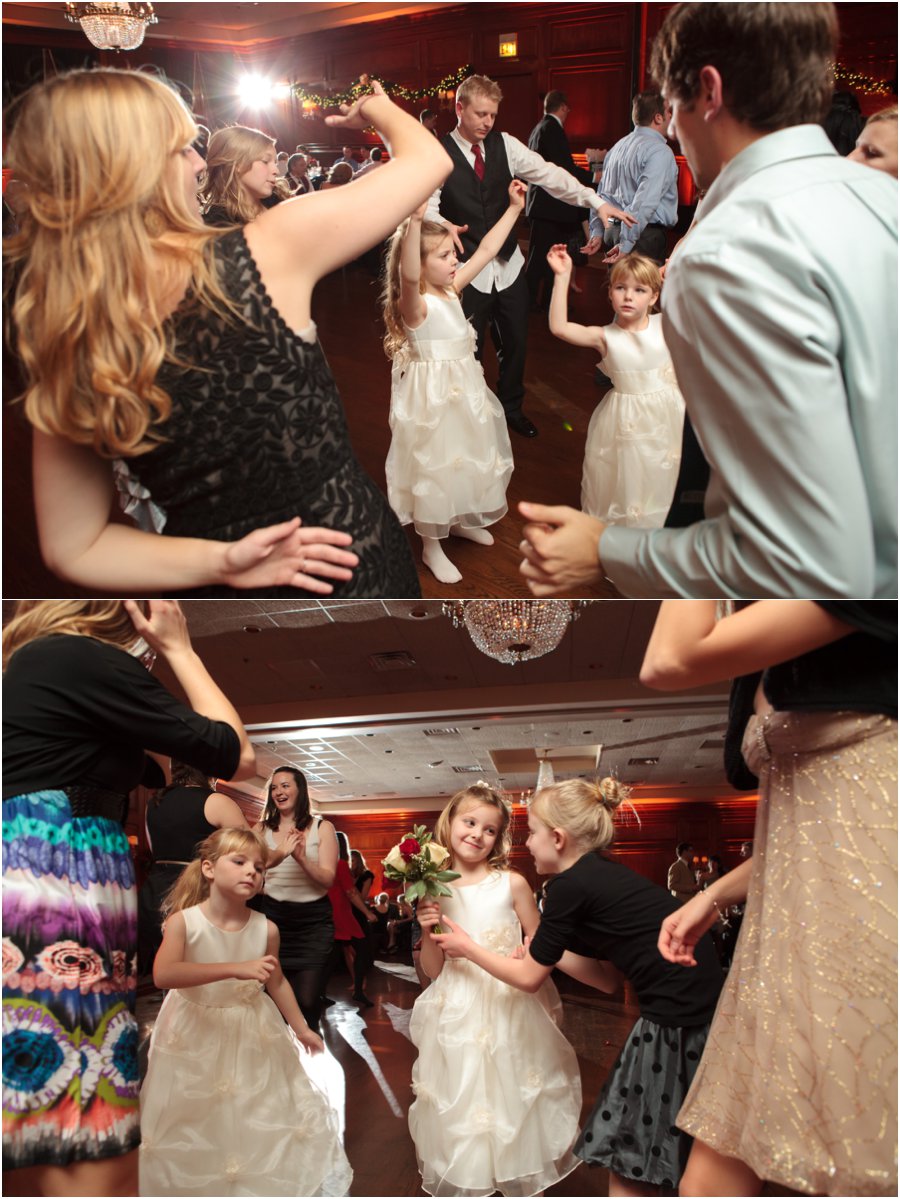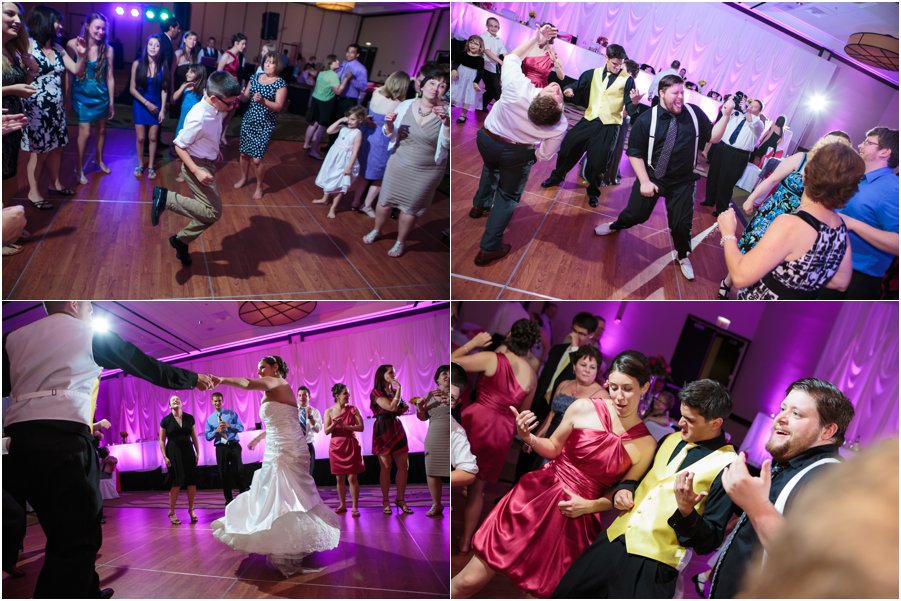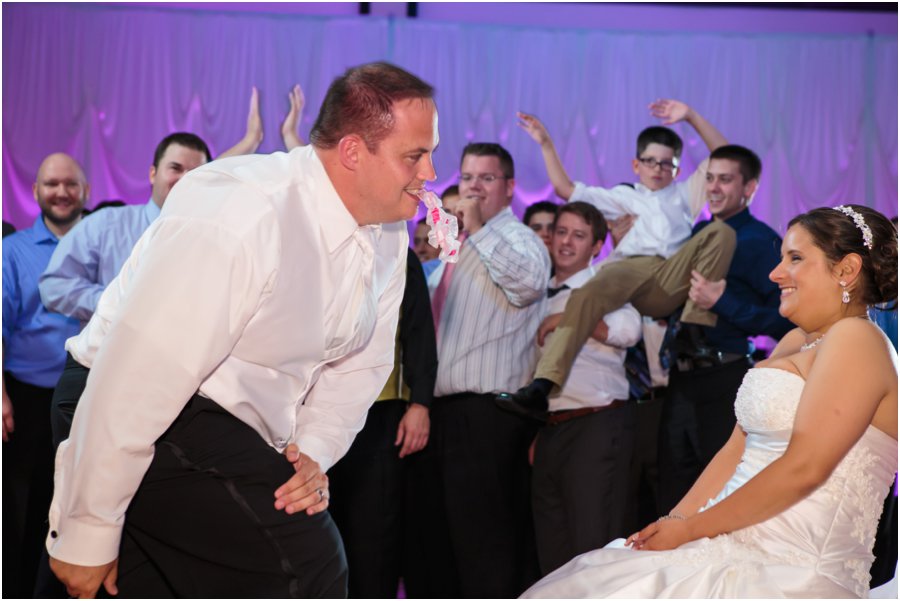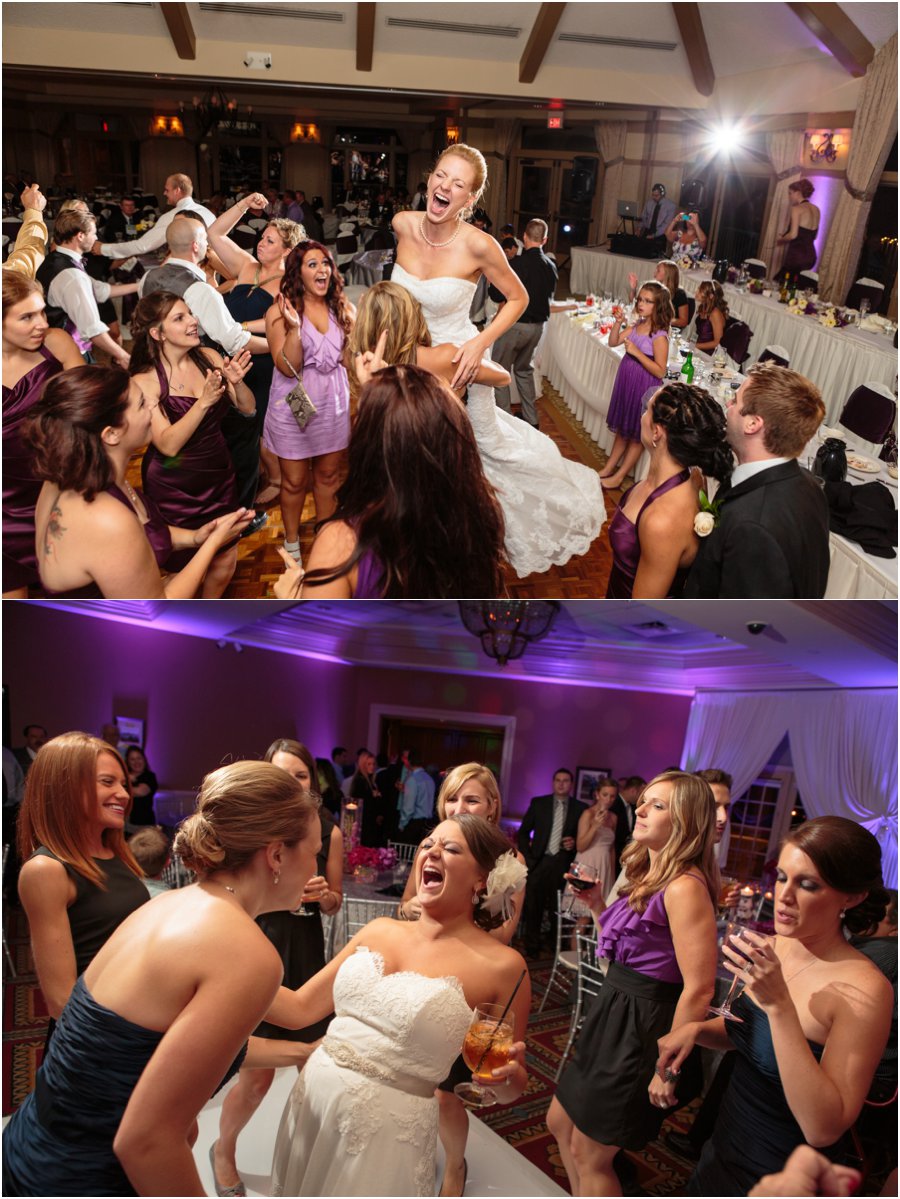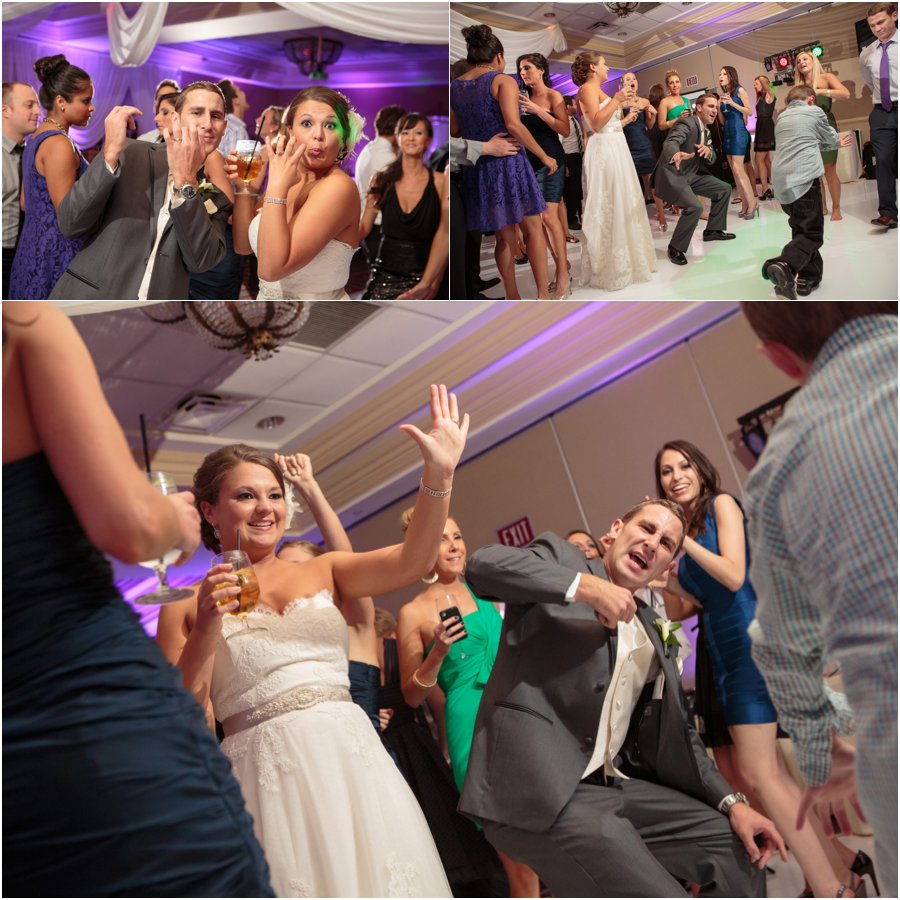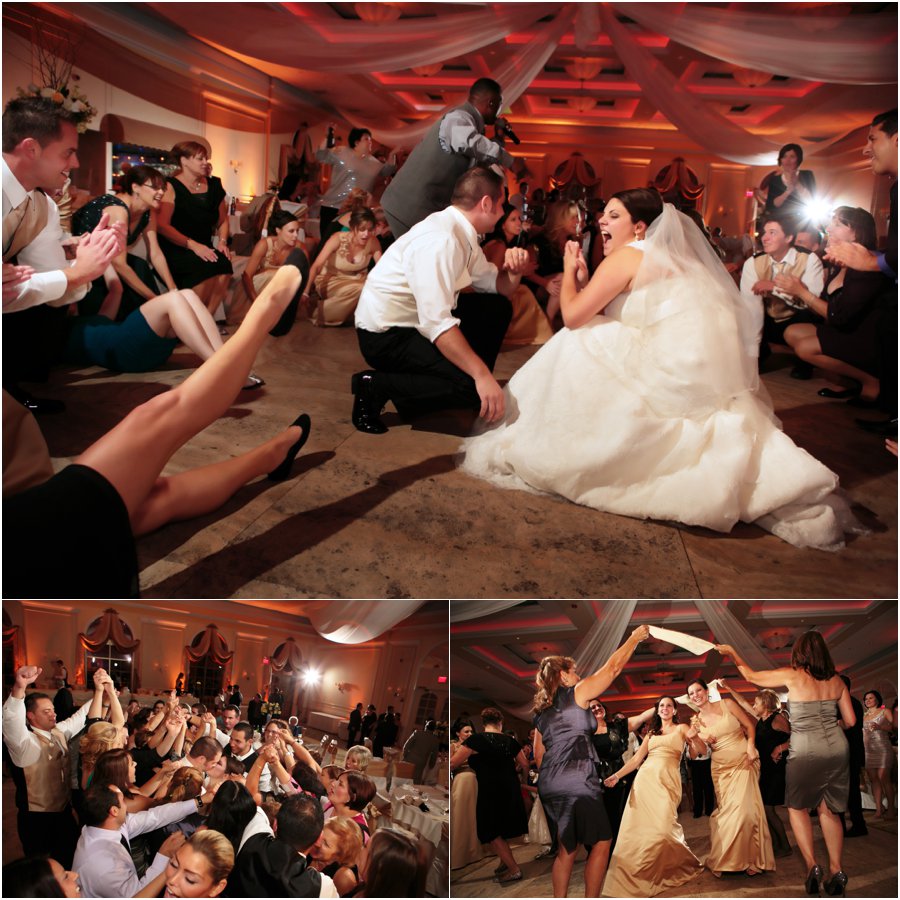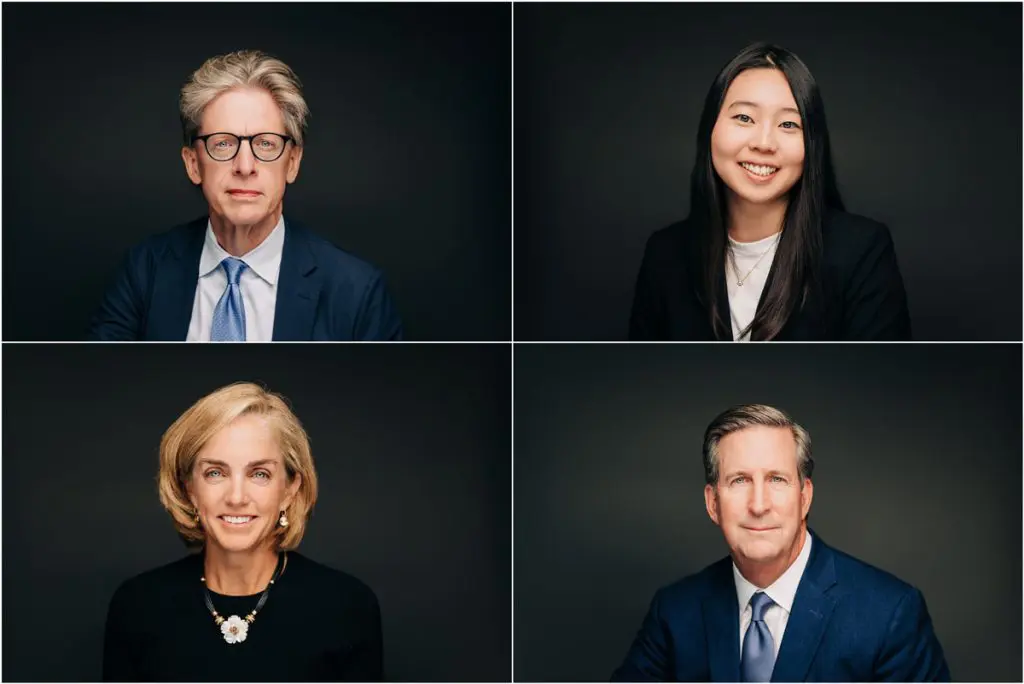Locations: Photographer Education
I enjoyed meeting so many Chicago Independent Wedding Photographers at our workshop this week. As promised, here are my lighting diagrams and sample images. I hope that you’ll get some inspiration for how to create dynamic and descriptive lighting for the low lit parts of the wedding day.
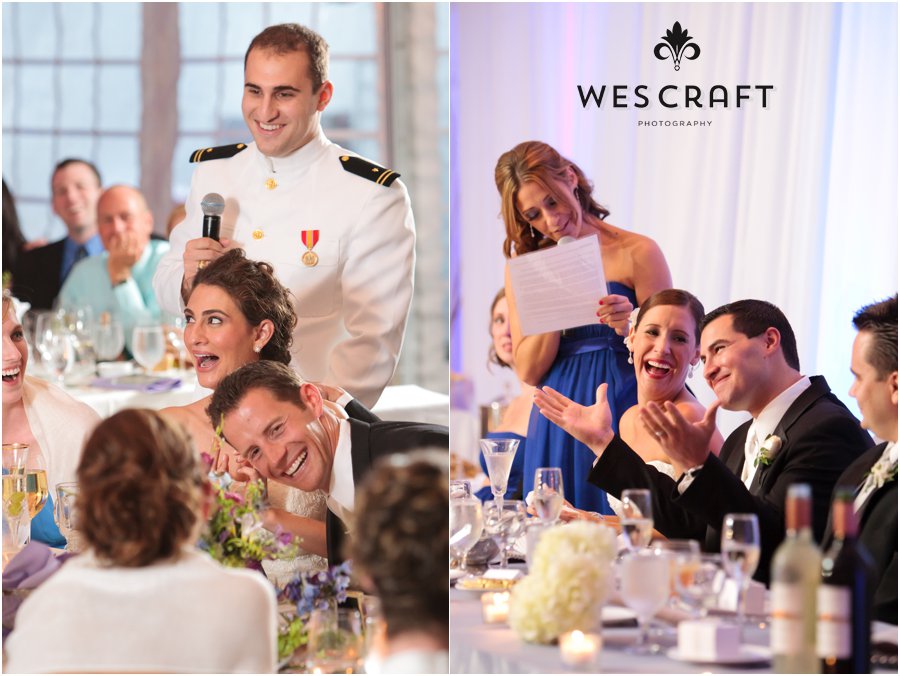
Our first lighting diagram illustrates how a single ceiling bounced or direct flash can be placed 15-20 feet directly across from the head table allowing you to move anywhere while keeping the light off camera and manually consistent with its exposure.
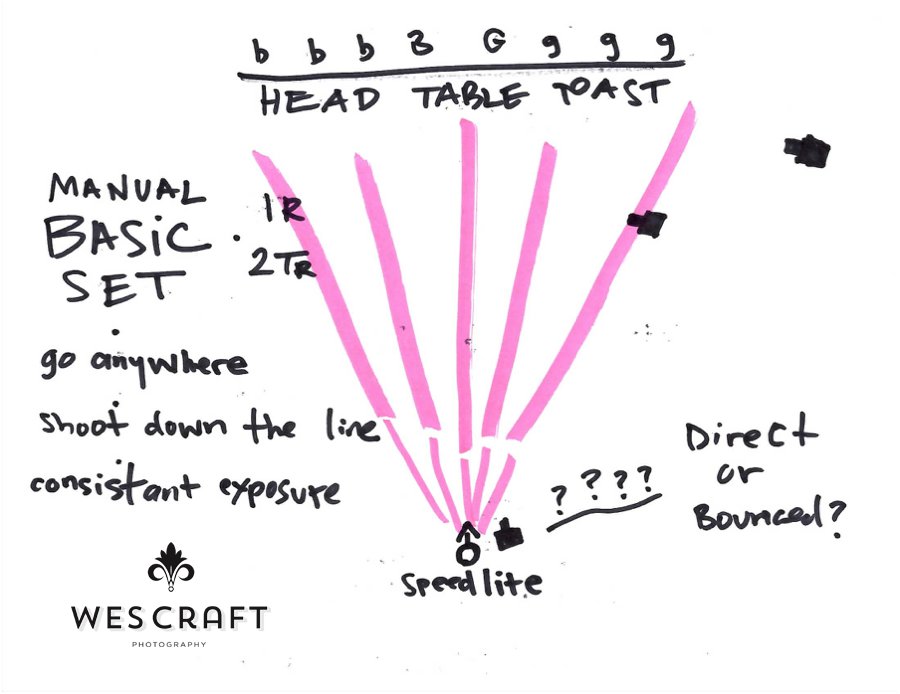
Wes Craft Photography Reception Lighting Diagram – 1 light scenario for Toasts etc
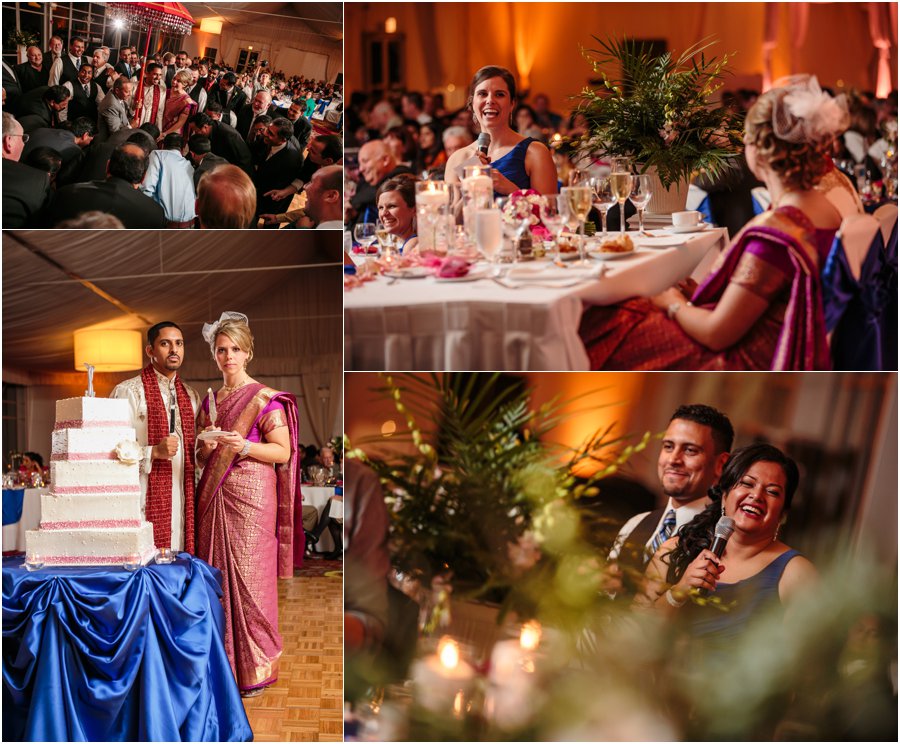
See how our main light, set up for toasts, also serves to light other festivities on the dance floor, including the cake cutting, without additional set up.
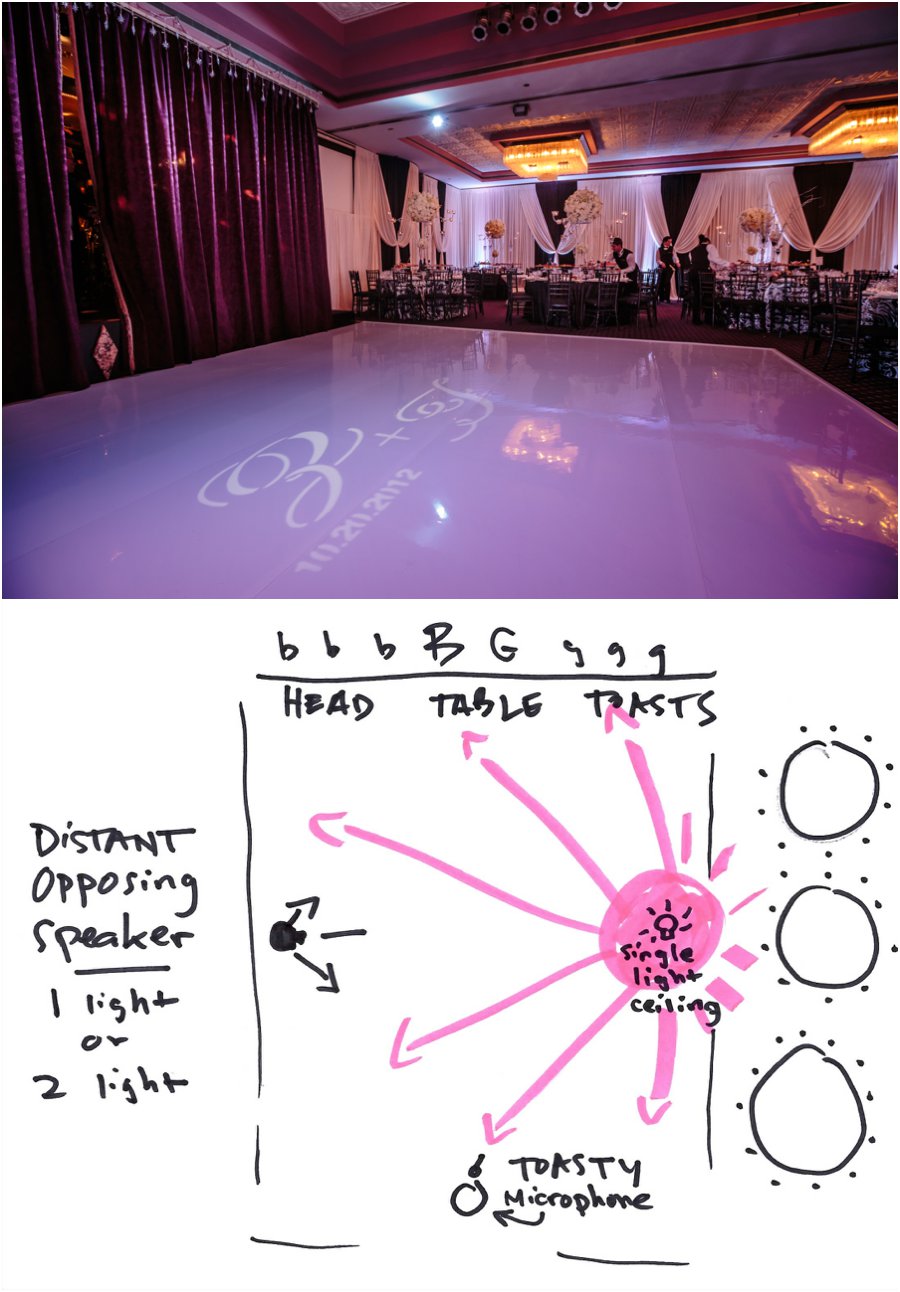
On this dance floor I made a picture from where my light was eventually stationed. The toasts were going to be given from the curtained area. Just off frame to the right is the head table where the bride and groom were seated which is opposite the curtains . By placing my light between the two areas of interest and bouncing off of the ceiling I was able to light both areas with one light. Then, I positioned myself across from my light so that I could look to my left and right, short lighting the speakers as well as the bride and groom. I use this frequently for situations where the speakers will be standing out in space distant from the head table.
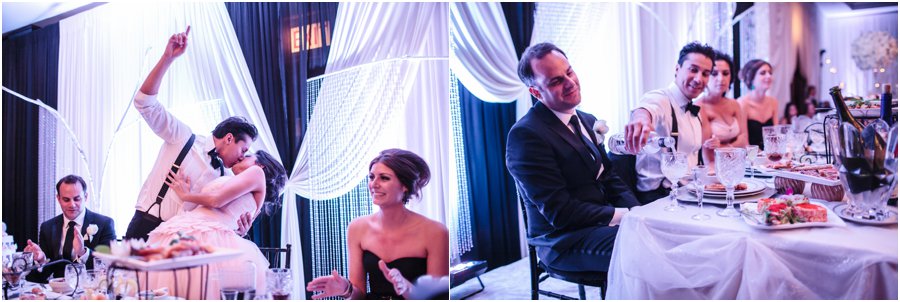
This is the ambient light at the wedding. Not bad but to expose for their faces I had to blow out the curtains’ uplighting. They also look purple which again is not horrible. I usually like capturing how something felt but my lighting can create better flesh tones.
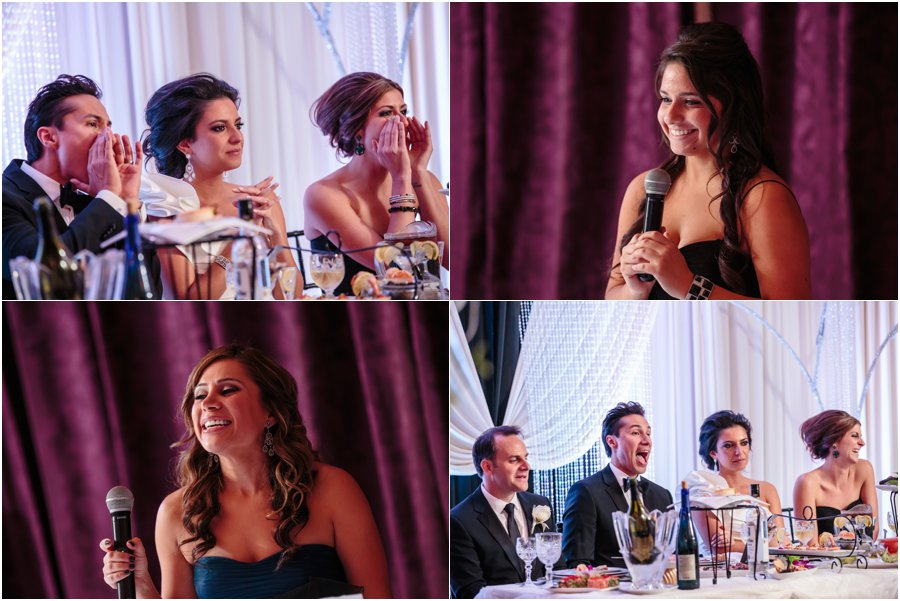
This is with my lighting. See diagram. Notice the short light – light coming from the opposite side of the face as my camera is on. This is a Wes Craft signature move…
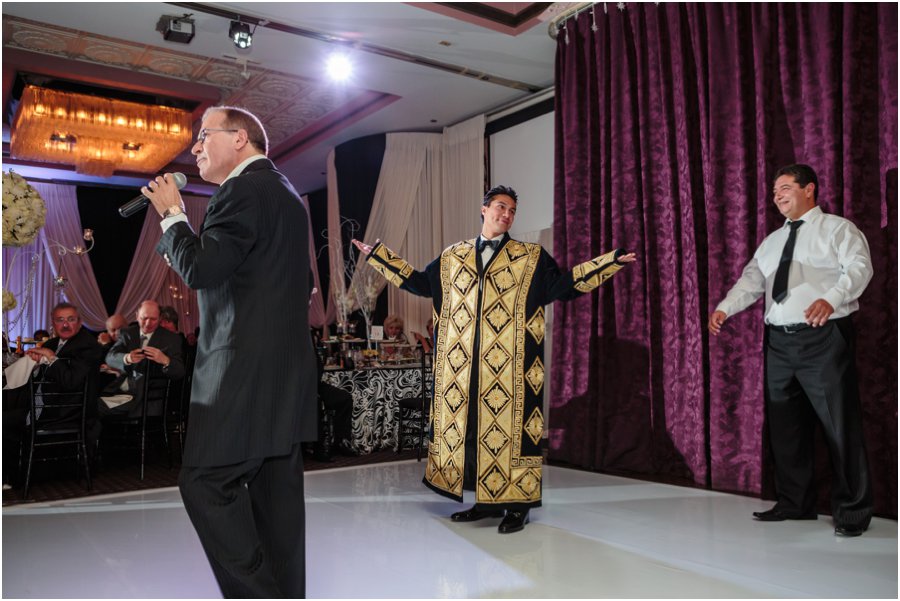
As I shoot wide angle you can see that our light is dimensional.
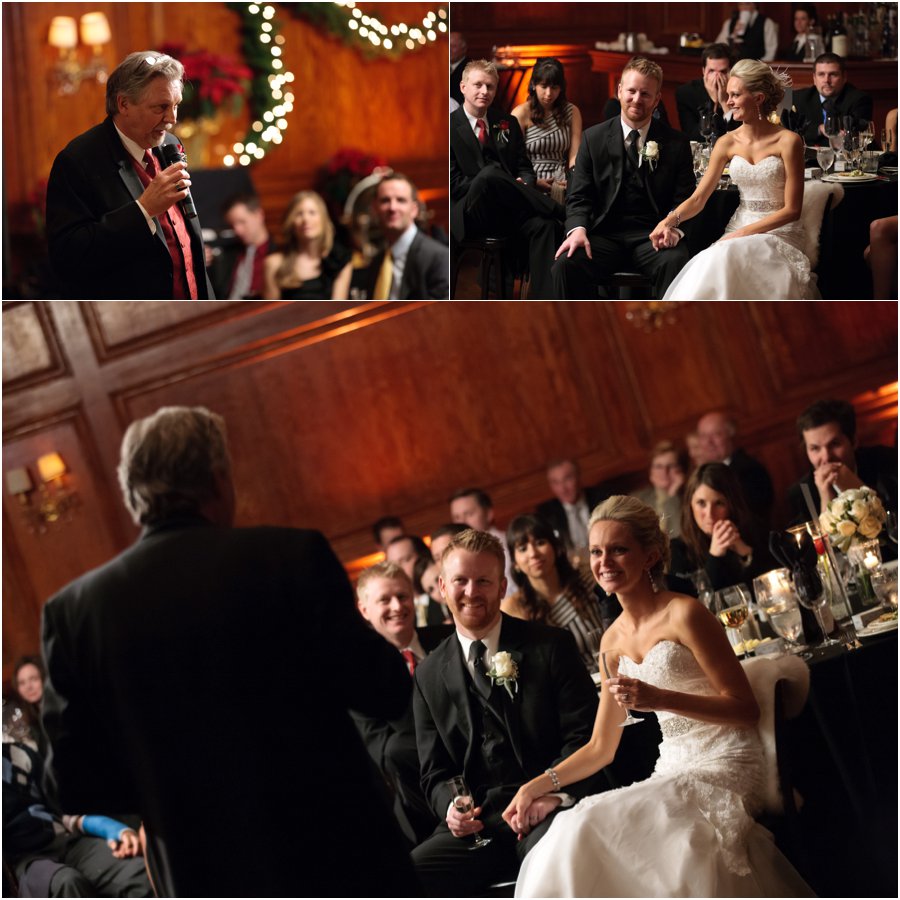
I used the exact same 1 light set up at these toasts. The over the shoulder shot works particularly well with this lighting too.
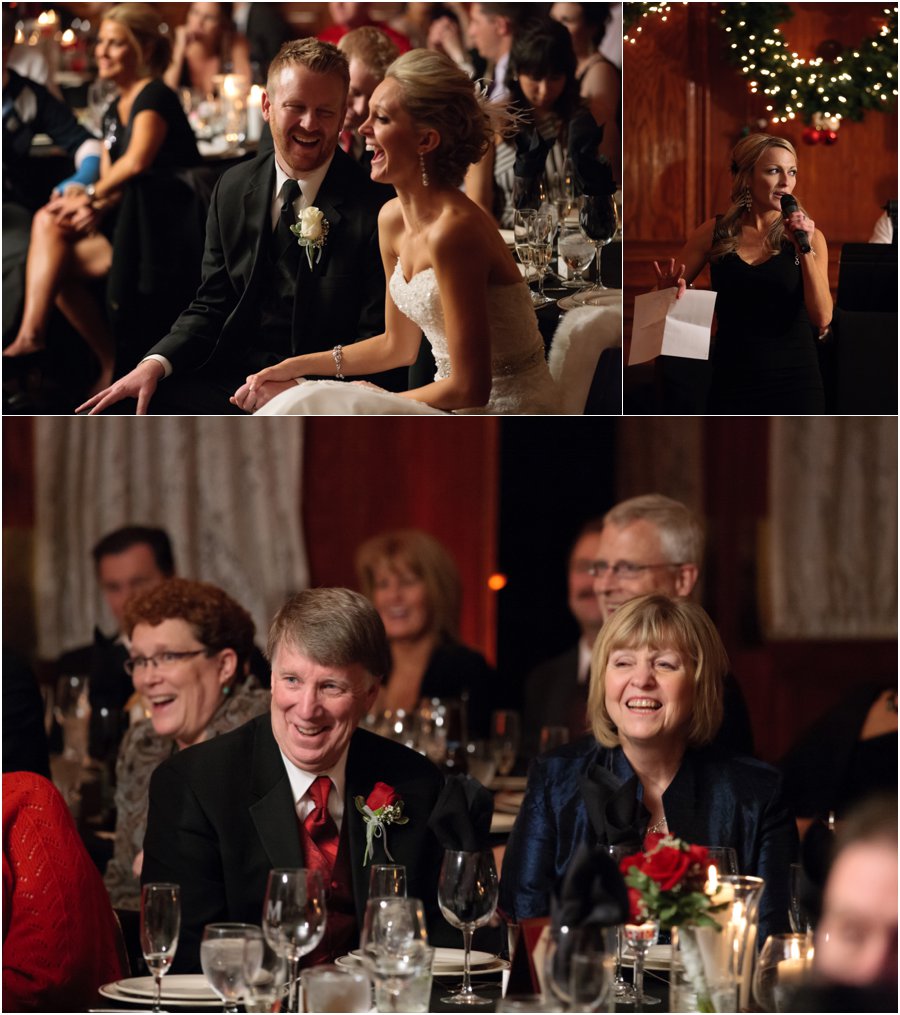
You can even shoot guests reactions with your dimensional lighting set up.
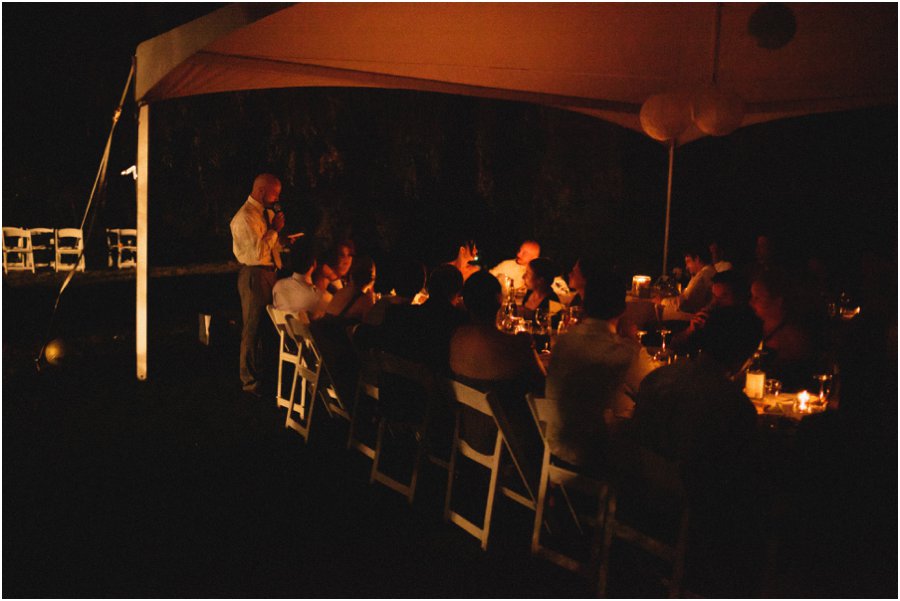
The candles were lovely but there was not enough to light the situation and the background went to darkness.
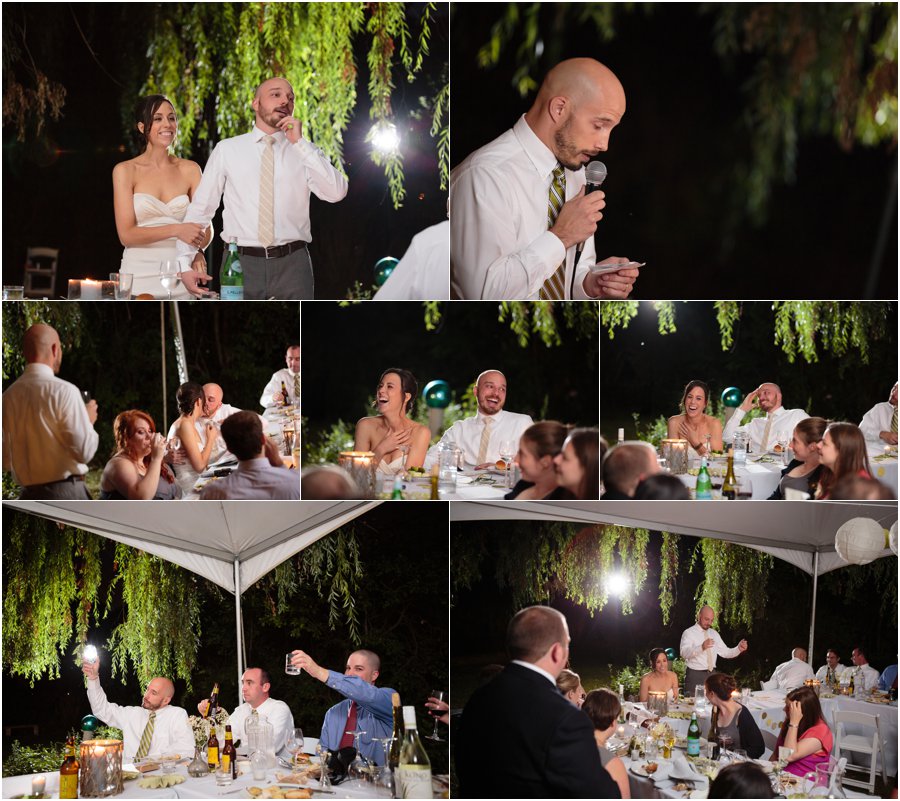
One light behind the willow and another across from the head table, mounted in the tent ceiling, enabled my to get dimension and see the scene.
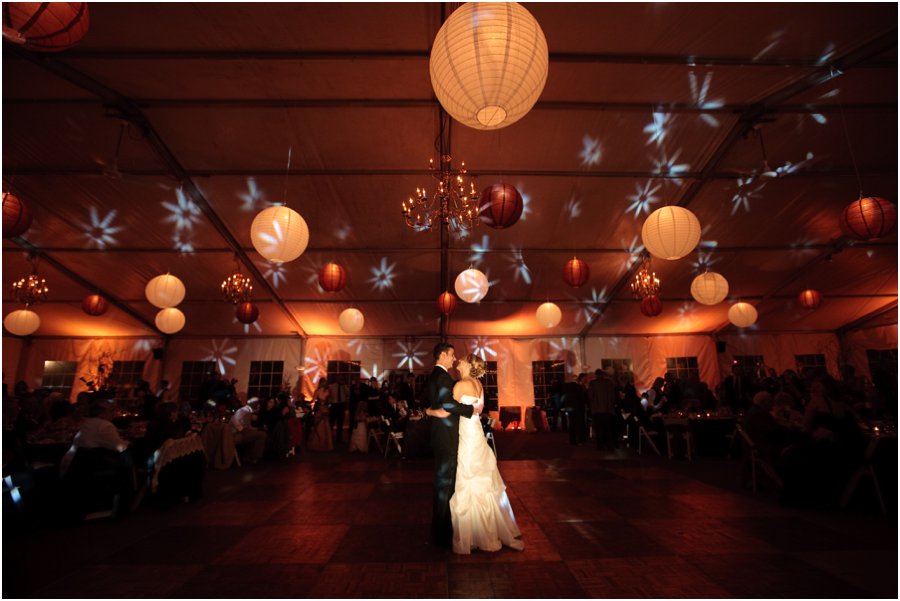
It’s awesome when the room is lit up and there’s already a spot light on the couple for the first dance but this is more rare than I’d like to admit. I want to light my couples with off-camera lighting when it’s not already there naturally
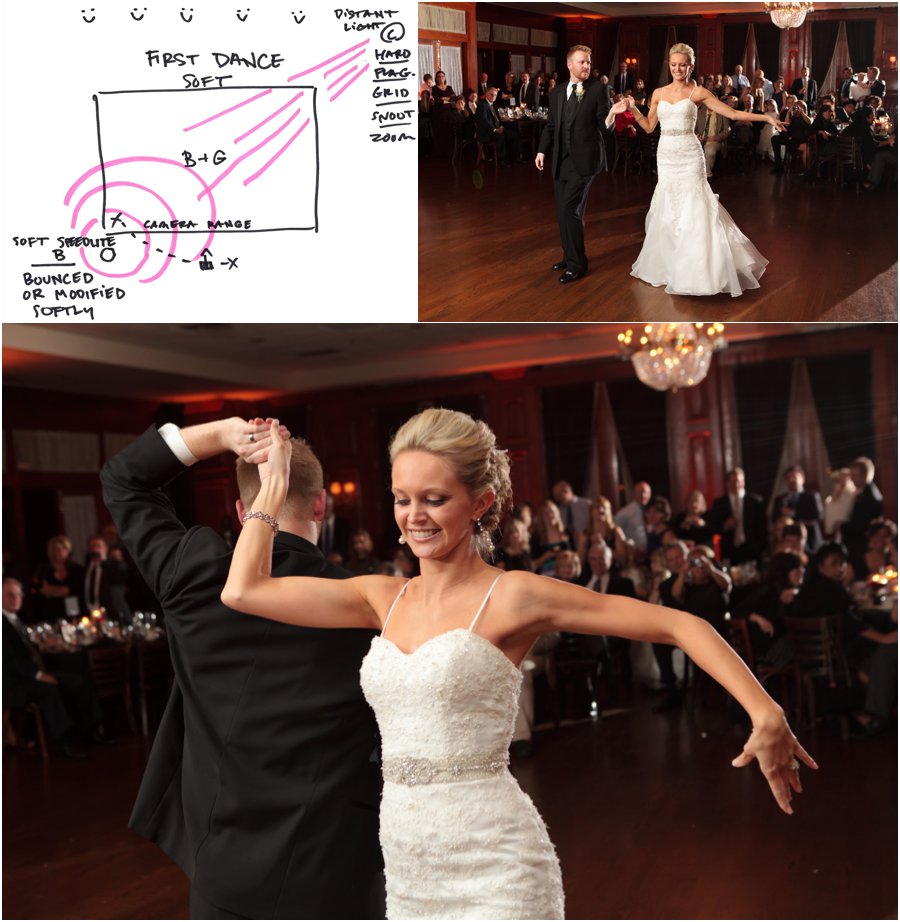
This is my soft 2 light set up for a first dance. 1 Hard light in a distant corner is aimed directly diagonal and another bounced or softly modified light is across from it. I can move freely playing with my options and using both my wide angle and telephoto lenses.
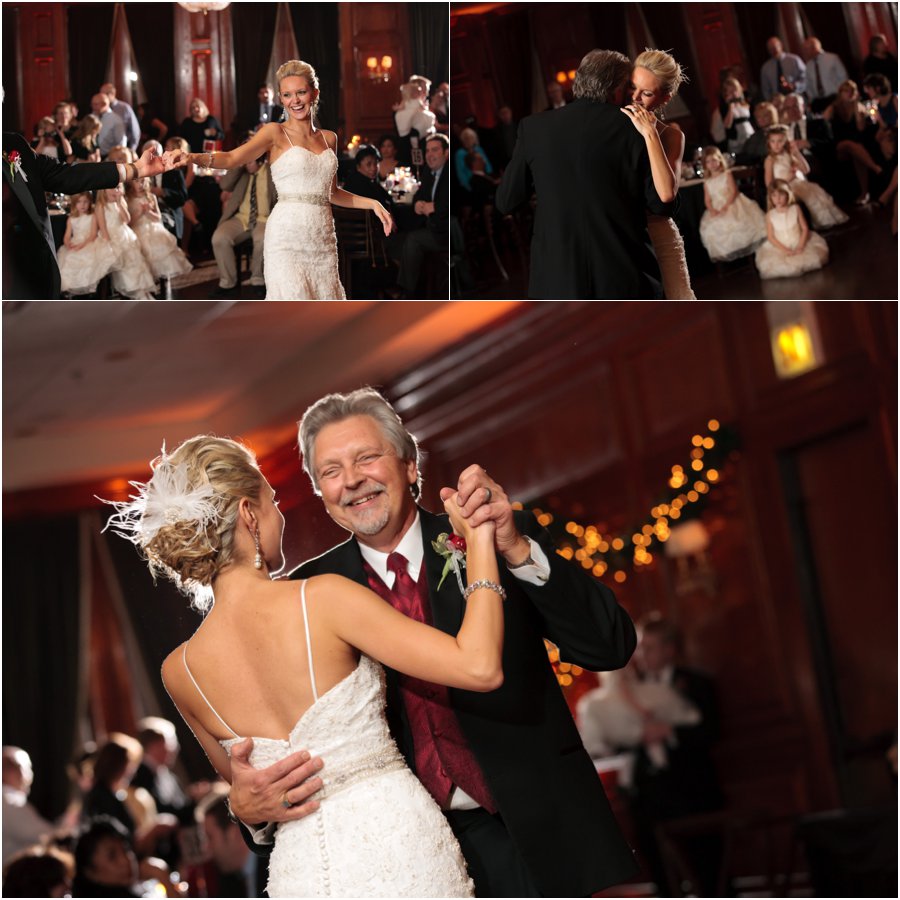
Sometimes you can put the kicker light right behind your subject’s head and create a lovely rim without flare. I love flare but not all the time
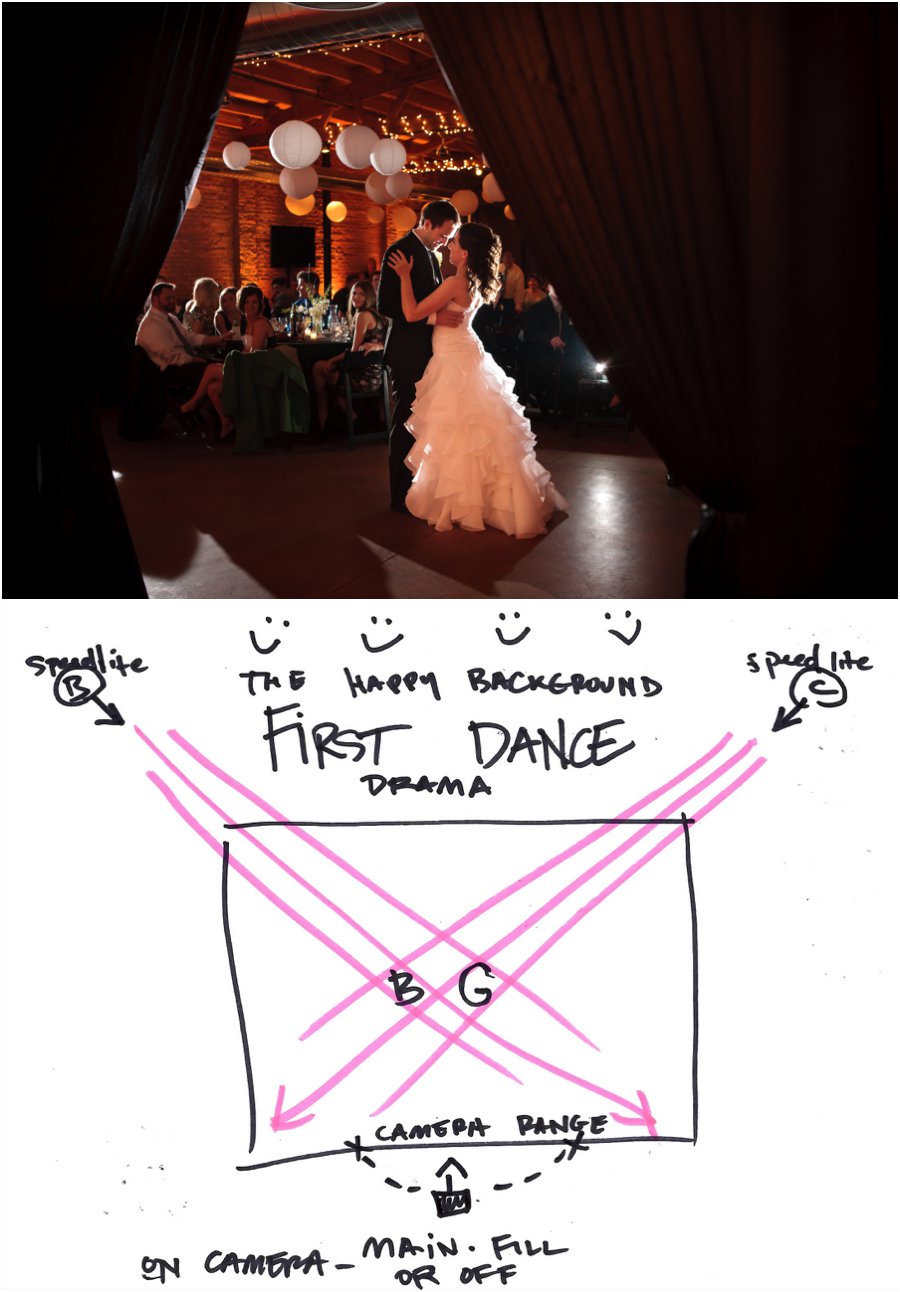
Favoring the darkness and drama is always an option. For that I put 2 lights behind my dancers in opposite corners of the room. This is basically what Ben Chernivsky does at every wedding. Use a grid, snoot, or just zoom your flash to focus the beam. Taking care to flag the light off of the ceiling and walls if you don’t want the light to flood out the look of the room
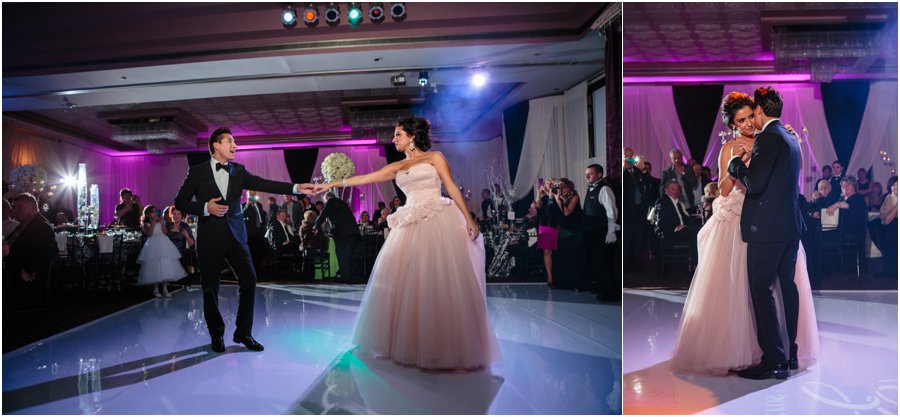
In this case I wanted some criss cross lighting but the venue already had a bright light in the ceiling to the right so I used it and put one of my own way off to the left. Then my assistant aimed a speed lite at the couple. We modified the main light with a snoot to keep it contained. We don’t like to spill on our backgrounds or onto the ceiling for this look.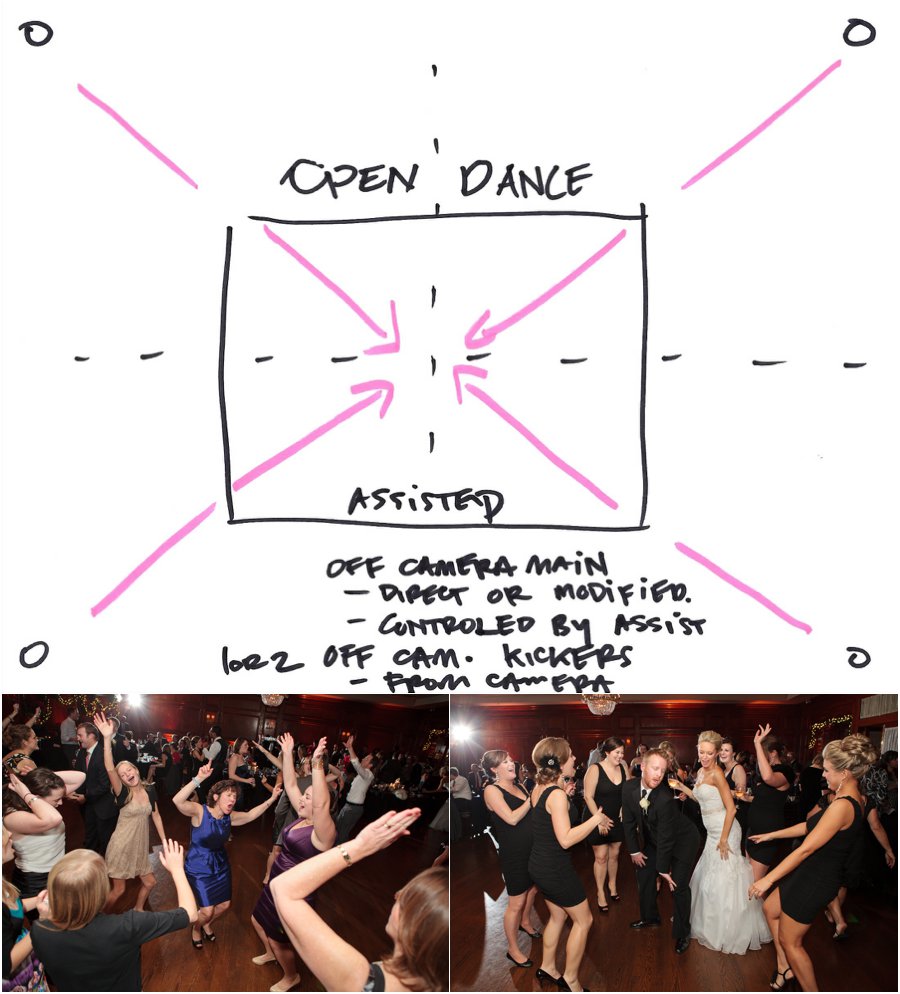
On the open dance floor there is much fun to be had. You want it to look good and you want to be able to capture it as dynamically as it happened. I put speed lights in two opposite corners to act as kickers, coming from behind my subject. I selectively only fire one or the other and sometimes both depending on where I’m standing in the room.
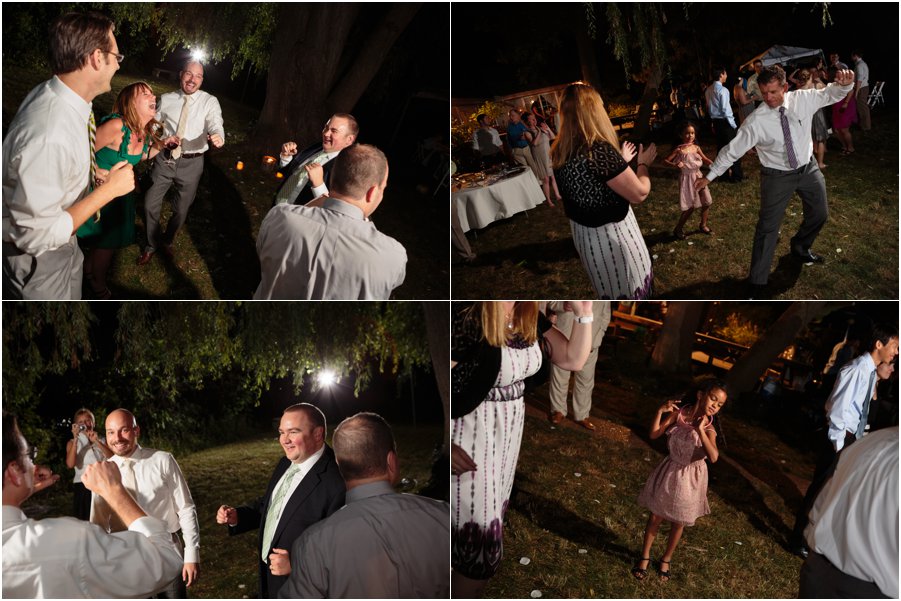
Even in this back yard wedding we were able to get dynamic lighting. My assistant had a boom pole with a speed light on it. I set it to manual power and instructed her to stay about 10 feet from our subjects, feathering it away from really close people. A distant light is coming through the trees providing some depth to the yard and I’m dragging my shutter enough to see some of the lights in the house and on porch.
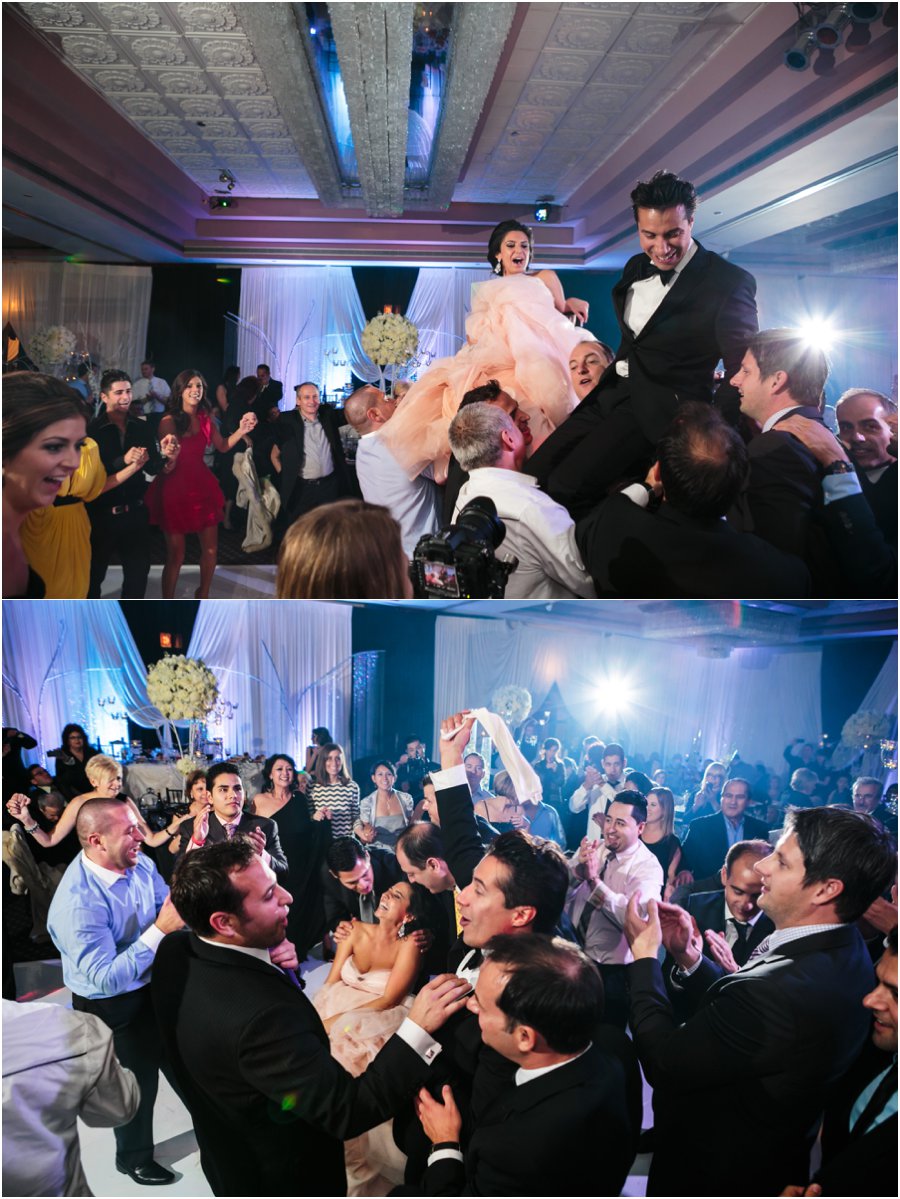
By using dimensional off-camera lighting you can shoot deep scenes like these where the subjects closest to you aren’t over exposed while distant subjects are dark.
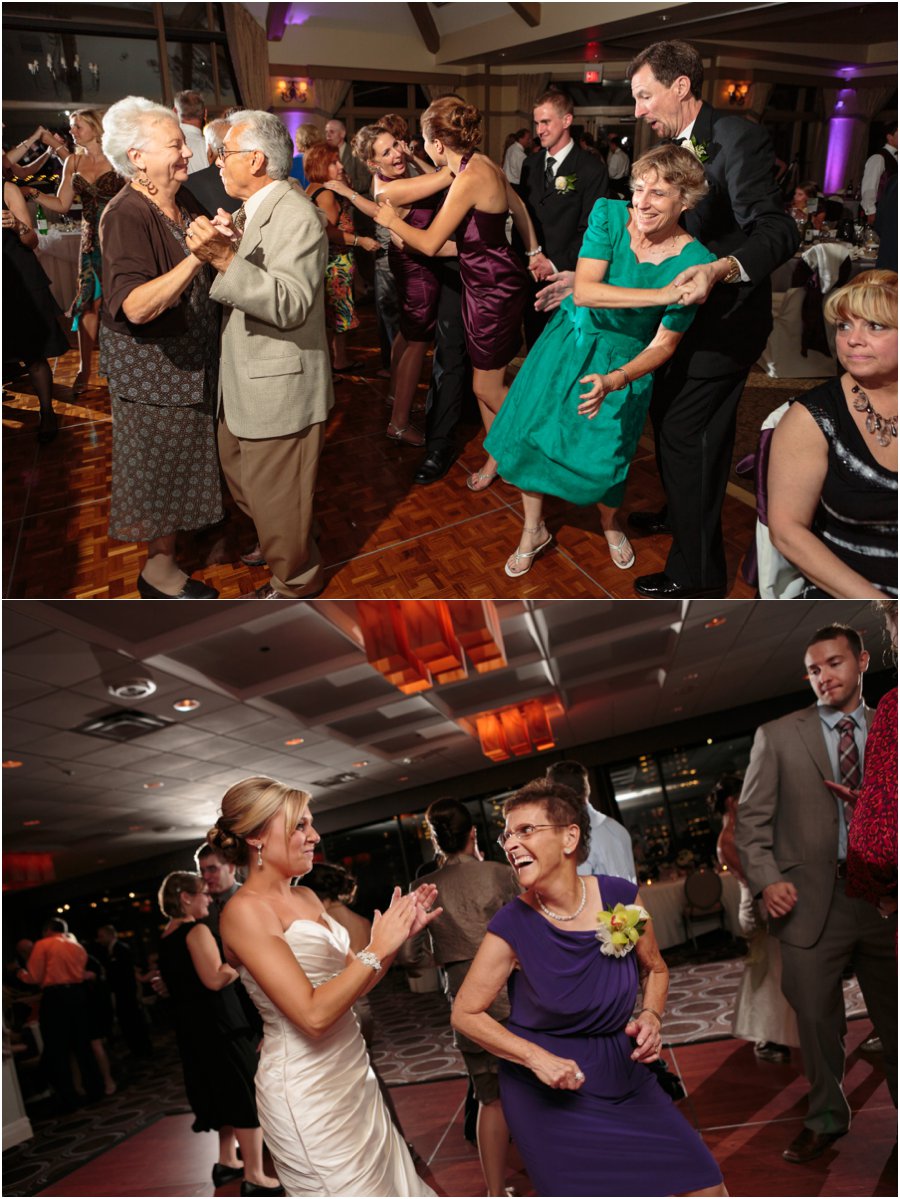
Have fun trying these techniques on your own and feel free to ask me any questions. Please like us on facebook as well at www.facebook.com/wescraftphotography
